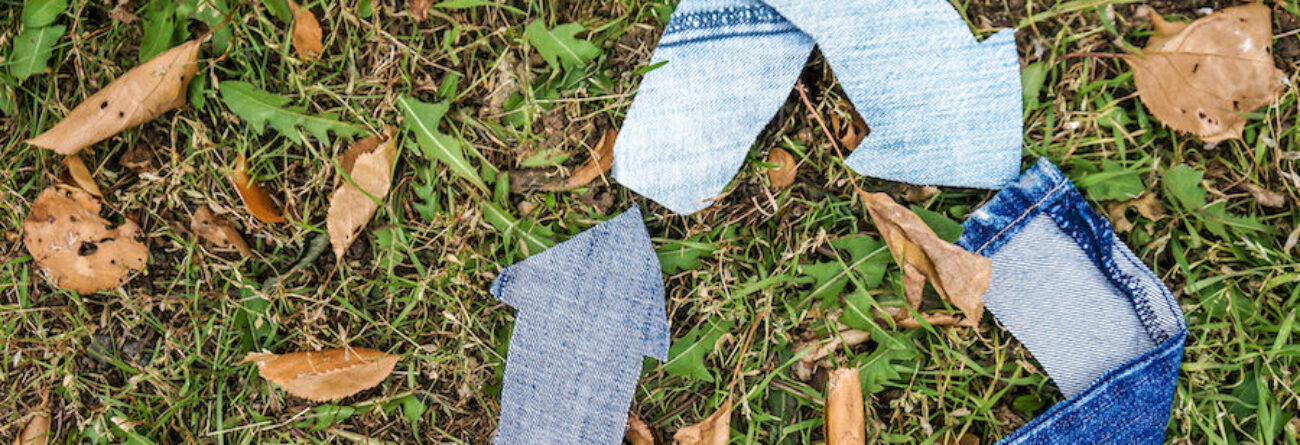
Combating the Scourge of Textile Waste
Textile waste may not always be top of mind when we think of environmental issues, but that’s exactly what makes it so insidious. Did you know the global fashion industry generates 92 million tons of textile waste annually? from fabrics like clothing and home accessories. In U.S., that figure is 17 million tons. Diving even further, in the fashion capital of New York City, more than 200,000 tons of textiles end up in landfills annually.
Textile waste – typically discarded clothing, shoes, towels, and bedding – is a major issue with no simple solution. But it’s one we are serious about at The Related Life. This month we are holding a clothing drive at our New York City properties with Wearable Collections, a New York-based recycler that operates accessible hubs for clothing collection. It's the latest push by Related and Wearable Collections to combat textile waste; the two companies have partnered on this issue for the past 10 years. In that time, Related has diverted between 750,000-1 million pounds of textiles from landfills, says Wearable Collections CEO Adam Baruchowitz.
If you live at our New York properties and plan to do any Spring cleaning, please consider dropping off old, clean clothing, coats, and fabrics at the donation bins that will be placed behind your Concierge. Ahead of the clothing drive’s March 21st kick-off, The Related Life sat down with Adam about current practices to reduce textile waste and an update on Wearable Collections’s newest initiatives.
How Wearable Collections Combats Textile Waste
Sparked by the idea that there should be a more convenient way to recycle textiles, Wearable Collections evolved from a basic laundry cart “bin” in 2004 to a covered drop boxes across 200 buildings and 8 NYC greenmarkets. In 2020, the company surpassed 20 million pounds of clothing collected.
“We’re a front-end collector, and it’s a convenience model. Perfect for NYC, a city of convenience,” Adam said.
From the bins, the clothing goes to Wearable Collections’ extensive network of sorting facilities. Sorting facilities treat textiles as a commodity, like plastic. Leveraging a wider base of expertise from multiple sorters can ensure more of the clothing is reused or repurposed. Making a sizable impact requires scale, Adam explained.
“In the perfect donation bag, at most 50% can be reused as secondhand clothes,” he said. “Around 25% is cut up and used as rags for industrial use. The bottom 25% is shredded and repurposed for fiber products, like carpet pads. My mission is to create more value from that lower 50% and utilize those materials for maximum use. I’m more interested in scalable waste management solutions, a more wholesale than retail approach.”
That means you won’t see Adam opening vintage stores. Rather, he’s working to streamline waste management practices and apply that knowledge to improving how other materials get recycled. It’s a big mission.
The Circularity Wave: Connecting Textiles to their Next Best Use
“Fashion is a huge industry and a big polluter. It’s a big behemoth to shift, and one that needs policy and industry commitment," Adam continued. "But I’m seeing innovation starting to happen now and I’ve never been more optimistic. Being able to drive more value of that one-half of textiles that can’t be reused should be the goal.”
In pursuit of effecting that paradigm shift, Wearable Collections launched a new partnership called The Circularity Wave. Teaming with a sorter and a shredder, both U.S.-based, the partnership seeks to be "a one-stop outsourced circularity department for brands," Adam said. Collectively, the three partners bring 100 years’ experience to the eco-venture.
“I’m obsessed with circularity,” he added. "I believe circularity in wearables is possible now. It is about connecting the dots in a smart way. And if we can prove out circularity with these materials, we can do it with other materials. It’s a ripple effect.”
The Related Life is written and produced by the Related Life Editorial Team. Be sure to follow us on Facebook and Instagram for the latest events, news and announcements in your area, and tag us for a chance to be featured @therelatedlife and #therelatedlife.